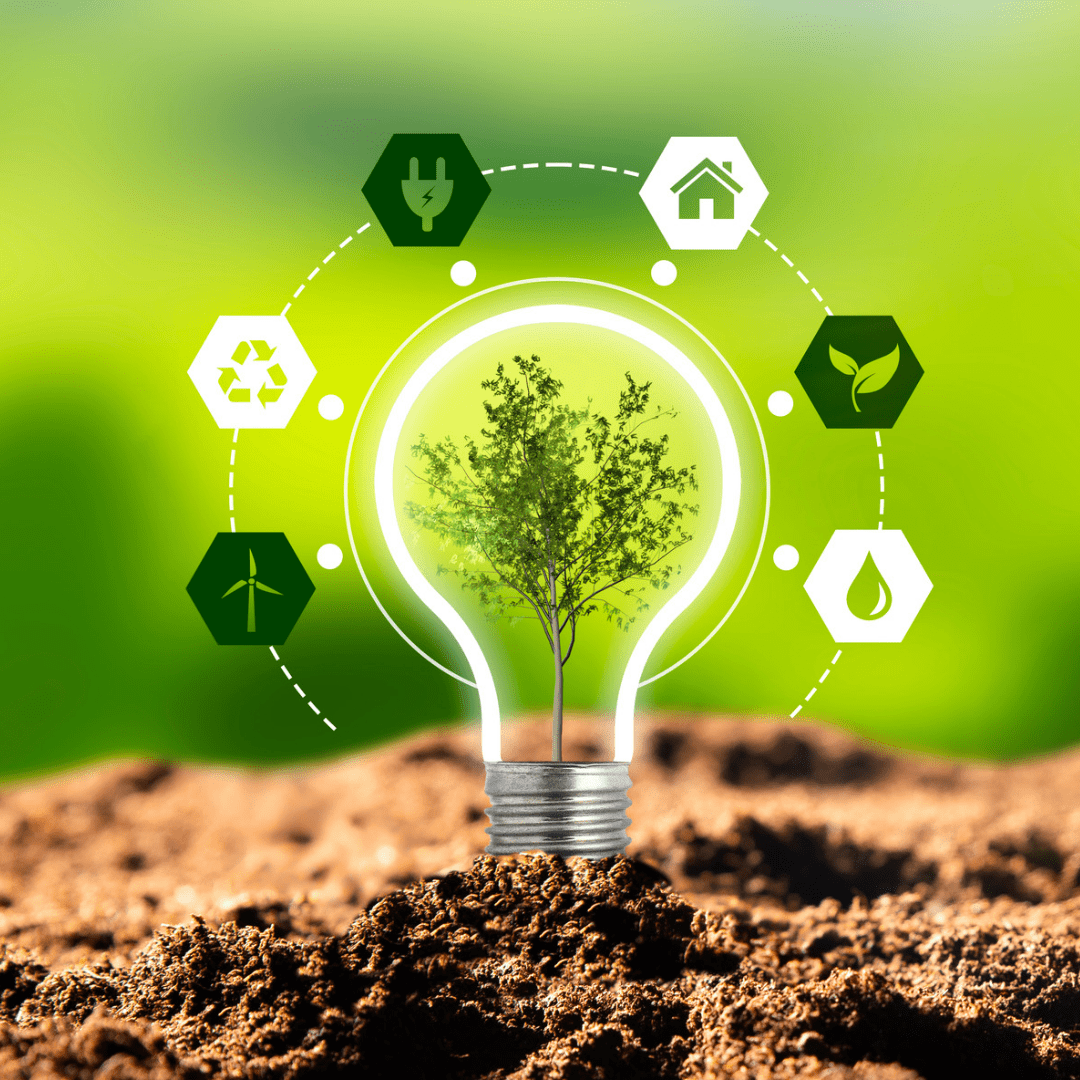
The Role Of Environmental Sustainability In Reaching Net Zero By 2050
Writer: Devanshee Singh
She is an avid reader, a movie buff and someone who lives on classic Hindi songs. As a media professional, she tries to create content the audience can connect with. Her purpose in life is to make the world a little better place, and she has started taking steps towards it.
India, 20 Oct 2022 9:30 AM GMT
Editor : Riya Kumari |
A simple girl truly without filters trying to reach out to society to contribute something meaningful in whatever little way possible! In the era of social media, I’m here to deliver the content which remains out of the sight of the audience, a good communicator to voice out your stories, truly unfiltered!
Creatives : Devanshee Singh
She is an avid reader, a movie buff and someone who lives on classic Hindi songs. As a media professional, she tries to create content the audience can connect with. Her purpose in life is to make the world a little better place, and she has started taking steps towards it.
The ultimate objective or goal is to close the gap between progress and sustainability, so organisations have made several carbon commitments that will help create a sustainable and net-zero future.
Setting net zero goals is simpler than actually accomplishing them, though. Fortunately, the circumstances and backing needed to accomplish these goals are improving daily. And with the current momentum, there is a good likelihood that we will achieve a net-zero planet by 2050. So let's see how environmental sustainability can help us reach net zero by 2050
According to the Intergovernmental Panel on Climate Change (IPCC) research, emissions would need to peak before 2030 and reach global net zero emissions by 2050 to keep the temperature increase to 1.5°C below pre-industrial levels. Net zero is when overall emissions are less than or equal to the emissions eliminated from the environment.
Producing Less Carbon Dioxide
It is important to collect CO2 from the environment and permanently store it in order to offset emissions that are too expensive or challenging to avoid. This can be accomplished with technology that directly takes CO2 from the air and holds it, preventing its re-entry. In addition, the ability and capacity of soils and plants to absorb and store carbon can be increased by using specific land management techniques, and plants and soils already extract CO2 from the environment. This is another great step towards environmental sustainability, which we all can contribute by trying to reduce the emission of CO2 from various appliances we use every day.
Using Energy More Efficiently
Significant emissions reductions are possible using energy-saving devices and procedures. For example, efficiency is frequently increased by switching to electric machinery. Additionally, "smart" devices that can determine when energy is required and when it is not can help maximise how electricity is produced and consumed. It is another step towards environmental sustainability.
Choosing Electricity Over Fossil Fuels
There are numerous ways to replace most of the main sources of greenhouse gas emissions with electrically powered machinery. For example, moving to electric vehicles and heating buildings with electric energy would significantly reduce pollution.
Focus On Less Emission
A significant portion of the country's electricity may be produced with comparatively low CO2 emissions by utilising sources like wind, solar, nuclear, and water power, along with improvements in electricity storage. Moreover, to ensure that electricity is constantly accessible, these power sources can be used in conjunction with other low-carbon energy sources.
Benefits Of Environmental Sustainability
Although putting the techniques into practice would add to the financial burden, the long-term advantages would greatly outweigh the expenses. Involving the general public and stakeholders from the business and industrial sectors would allow for a broader range of engagement and advance the examination of viable environmental sustainability investment prospects. As a result, uncomplicated investment decisions can be made since unreliable investments and policies can be properly identified and changed earlier. A high level of participation also assists stakeholders in securing the funding required to carry out sustainable development activities as efficiently as possible.
Leverage The Approach For Sustainability
So this was how moving towards environmental sustainability can help us achieve net zero by 2050. The ultimate objective or goal is to close the gap between progress and sustainability, so organisations have made several carbon commitments that will help create a sustainable and net-zero future. By 2050, they want to have carbon-neutral supply chains, manufacturing processes, and activities across the board so that our next generation can live in abundance and sufficiency.
Sustainability is good for a business's environment and bottom line since consumers are now willing to spend more money to associate with an eco-friendly brand. As individuals, we can also take small steps towards achieving sustainability, be it alterations in our energy consumption or the adoption of renewable energy, every effort counts.
 All section
All section














